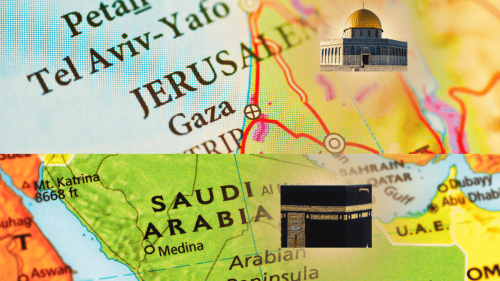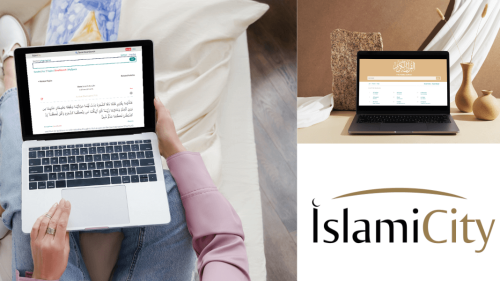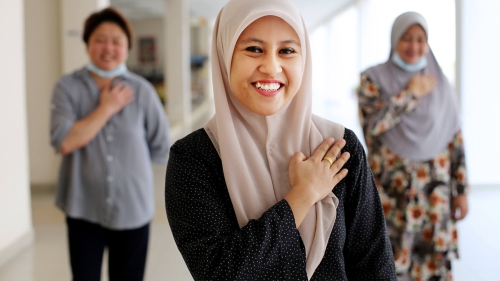Augmenting the Role of Mosques in Community Development

Mosque is generally known as a house of worship for Muslims, mainly serving as a place that hosts the congregation of five daily prayers, weekly Jumuah prayers, and two annual Eid prayers. In actuality, mosques throughout the world have also assumed various roles, making them an institution which is genuinely functional for the development of individuals in the society.
Historically, there have been exemplary roles of mosques, serving as the central spine for community development. During the Prophet’s time, the mosque was a centre of activities that guide the community members to lead a good life, educating them to have good relationship with God, other individuals, surrounding and even oneself.
There are many instances when the Prophet (PBUH) made mosques as the centre for learning religion, sharing knowledge with others, exchanging information among community members and many other social activities. In the history of the education system, mosques in Morocco had stood as a center of higher learning, which eventually led into the formation of University of al-Qarawiyyin.
The activities conducted by mosques had empowered the society to attain progressive change, development, and improvement. For one, Islam encourages human beings to attain a good life, requiring the establishment of a system that provides guidance and support for individuals to deal with life activities.
While the mosque is regarded as a worship centre, the mosque also functions as a centre for community development. In this regard, the presence of mosques in the community must be leveraged and that their roles must be augmented. Besides serving as a center for religious education, mosques could provide support for the society to change their socio-economic condition. This could be accomplished by the development of interventions to strengthen the role of mosques, to make them accomplish the educational and social roles imbued with spiritual aspects. This entails various measures, aimed at enhancing the effort to strengthen the structure of mosque institutions.
An augmented structure of a mosque would enable it to improve the design of mosque programmes, diversify the approaches of dealing with people, improve the function of mosque as public space, increase the population of beneficiaries, and many other interventions. Such are important enablers to making mosques as genuinely functioning community development centers.
As a community development center, mosques have critical roles in personal psycho-social-spiritual development of individuals in the society. This human development level requires strategic efforts of mosque management to provide activities that facilitate people to acquire knowledge, expand experience, radiate wisdom to others, receive support on life matters, fulfill religious duties, and meet their spiritual needs.
For the educational activities, mosques could organise programmes to develop a good religious foundation for teenagers, nurture positive behaviours among youths, provide social support for adults, and guide good lifestyles for elderly people. Special programmes for women, people with special needs, or marginalised individuals could also be conducted, guiding them on ways to lead progressive life and curb negative behaviours.
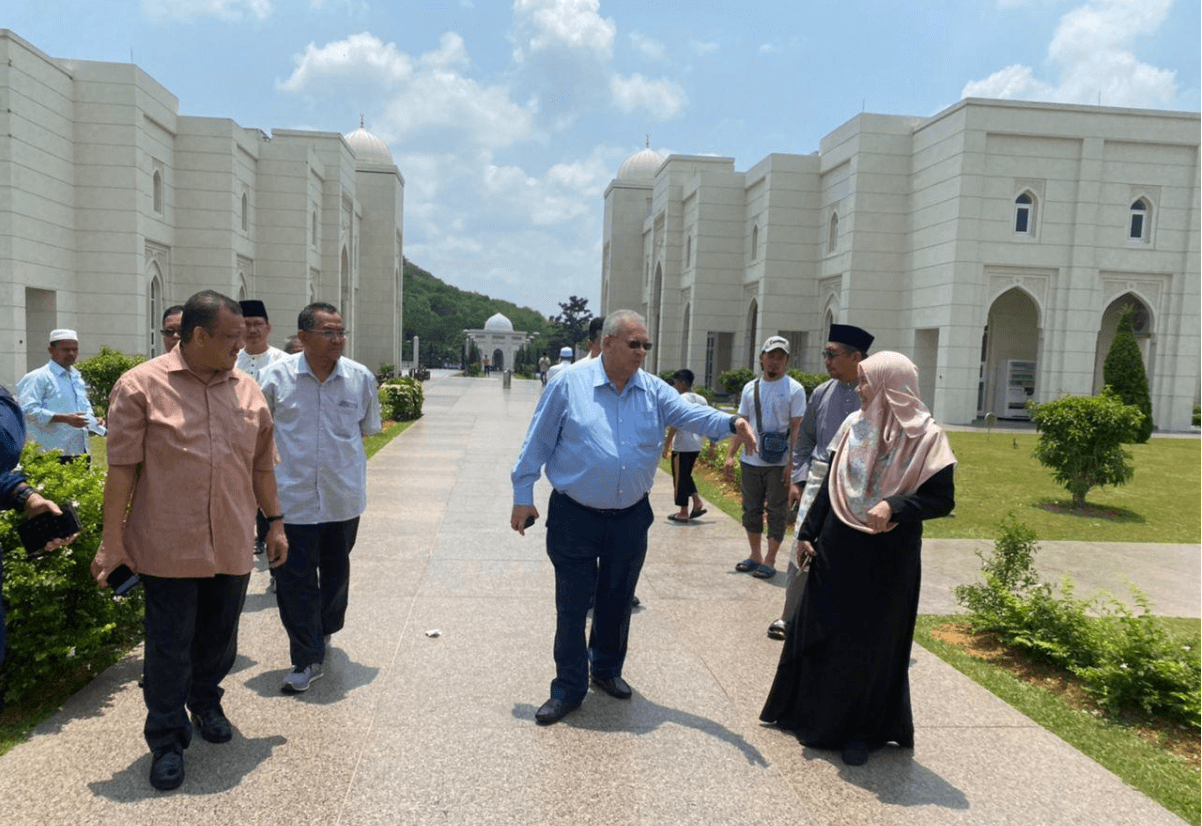
The social activities entail programmes that focus on providing avenue for people to socialise with others, such as interacting during the breaking-of-fast or iftar sessions. Mosque-goers have been found to report a positive significant relationship between their religious involvement at mosques and their level of happiness, life satisfaction, morale, positive affect and other aspects of well-being (Shukran, 2021). This in turn strengthen the camaraderie among the community members.
Some mosques conduct or coordinate health-related programmes, as well as economic and welfare activities, to be benefited by many groups of people. Mosques could engage partnering service providers to conduct or fund activities that improve the well-being and economic condition of community members.
Some mosques have played the role of reference center on psycho-socio-spiritual issues. It was reported that mosques have altered certain spiritual-religious practices during the spread of transmissible diseases, like during the COVID-19 pandemic. Many adjustment have also been made on ways the worship or ritual activities were conducted in the mosques.
The spiritual activities are the cornerstone of mosque activities, in that all programmes should be spirituality based, being aware of the essentiality of religious teaching and values in substantiating the educational and social activities. Mosque has been providing a guide for people on matters related to religious obligation, and their spiritual development. In short, mosques carry significant roles to provide psychological, spiritual, and social support that help ease the individuals in the society to deal with pressing life demands.
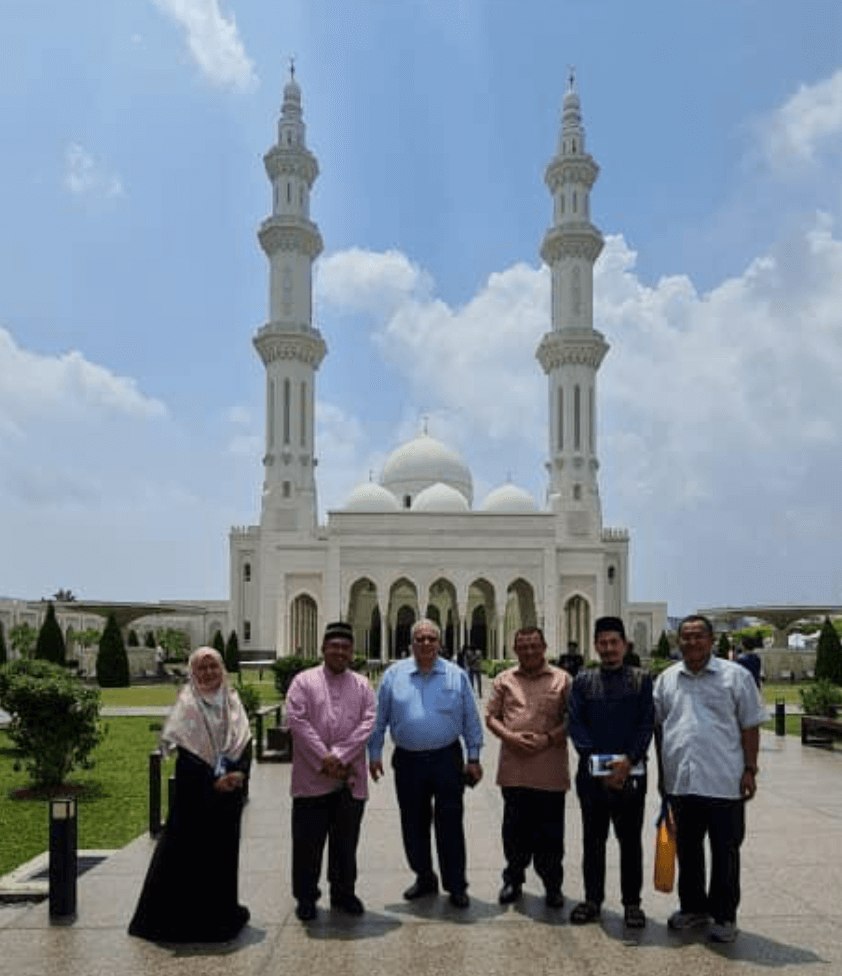
A good mosque is the function of an efficient management team, to include mosque managers, imam, and other committee members. They are responsible for the planning, leading, organizing and managing mosque activities that could enliven the collective aspects of mosques and, in turn, bring about benefits to mosque goers, and others in the surrounding community.
Among the core duties and responsibilities of mosque managers include managing mosque workers, committee members, or volunteers. It is hence necessary to equip the mosque workforce with the required knowledge and skills. It is important to facilitate mosque managers’ participation in acquiring management competencies such digital skills, management skills, people skills and other mosques management enabling skills.
Secondly, mosque management should facilitate the process to equip mosque educators with relevant skills, essential to enhance their effectiveness when conducting religious education classes. This includes providing them with knowledge on contemporary issues, teaching skills, communication skills, and other related skills that enable them to take up new approaches to educating the community.
Thirdly, mosque management should be sensitive to the needs of people in the mosque surrounding, such as the circumstances they face, and the occasions they celebrate. For instance, during the COVID-19 pandemic, mosques in some countries altered the regular activities of mosques. They also provided guidelines of the procedure to attend ritual activities at mosques by taking into account the importance of protecting good health, practicing hygiene related behaviors during certain circumstances.
Mosque management should organise activities which are to the benefit of various groups in the community, including the locals and expatriates. This entails attending to the needs and expectations of the community by taking into account the uniqueness and particularity of each locality in terms of their social, economic, and cultural background. This is important to ensure a good-fit between mosque activities and participants’ needs and background.
In ensuring that the mosque has adequate manpower, the management should recruit volunteers to assist the operation of the mosque. This entails inviting youth and community members to become volunteers. They could be trained to become managers of activities, committee members of programmes, or volunteers in daily operations. They could also be a special task force to deal with any crises or difficult situations encountered by the community. There could also be a team who attend to various social scenarios, and provide solutions which suit the local context, such as in dealing with moral decadence or social illness.
Shukran Abd Rahman is professor of Industrial and Organisational Psychology at AbdulHamid AbuSulayman Kulliyyah of Islamic Revealed Knowledge and Human Sciences.
This article was written based on information gathered during a meeting with the man behind the majestic Sri Sendayan Mosque in Malaysia, Tan Sri Abd Rashid Hussain.
Topics: Malaysia, Mosque, Ummah (Community) Values: Education, Knowledge, Spirituality
Views: 2935
Related Suggestions








